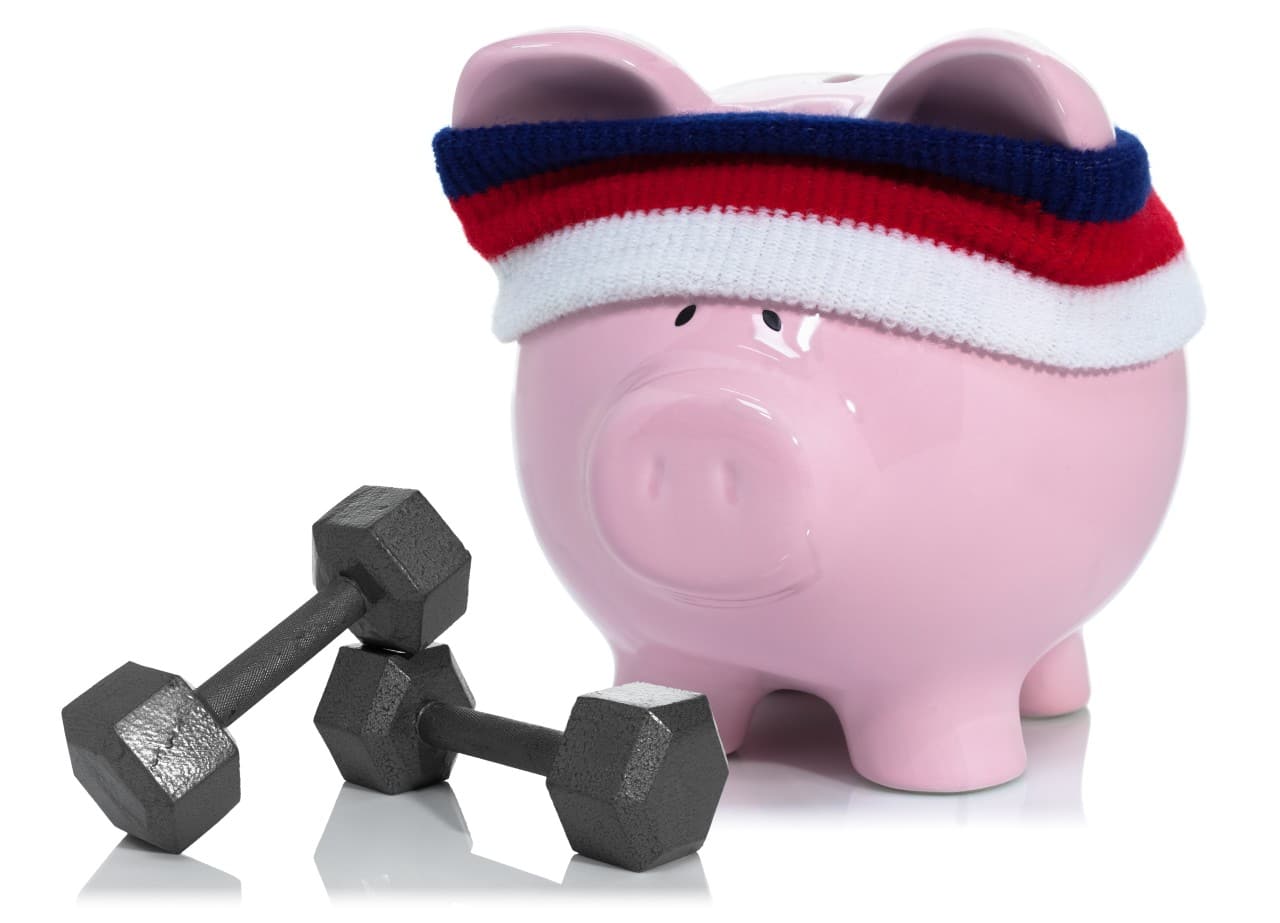Interest can be good or bad, depending on what’s happening to your money. Is your money safe in a bank account or an investment? Is it growing? Or is it money that you’ve borrowed and are trying to pay back? How interest is calculated, simple vs. compound, is an important consideration. Which calculation is used makes a big difference to what happens with your money.
What Is Interest?
Interest is the percentage of growth on a dollar amount. Think of it this way: interest makes money grow. If you’re saving or investing money, interest will make your money grow. Money grows similarly when it comes to debt. However, it grows in favour of the lender because it makes your debt grow, meaning more money for the lender.
Two Kinds of Interest: Simple and Compound
There are two ways to calculate interest: simple vs compound.
Simple Interest
The simple interest calculation is based just on the principal (the dollar amount that you started with). It doesn’t grow as fast as compound interest so the total interest amount is lower.
Compound Interest
The compound interest calculation is based on the principal AND the interest that accumulates over time. In other words, compound interest is “interest on interest” so it adds up faster.
Examples Of How Interest Works
Simple Interest
Let’s use the example of a five-year $10,000 loan at a simple interest rate of 6%. At the end of the five years, you will have paid $600 in interest.
$10,000 x 6% = $600
Altogether, at the end of 5 years, you will have paid back $10,600.
Compound Interest.
To look at compound interest, let’s use the same example as above of $10,000 at 6% for five years. At the end of the five years, with compounded interest, you would have paid $3,382 in interest. Here’s the calculation:
P [(1+i)ⁿ-1]
P = Principal i = Interest rate n = Number of times interest is compounded of the length of the loan (more on this in a second)
Here’s our example in action
$10,000 [(1+6%)⁵-1] $10,000 [(1.06)⁵-1] $10,000 [1.3382-1] $10,000 [0.3382] $3,382
At the end of five years, you’ll pay back $13,382 ($10,000 in principal and $3,382 in interest.)
It’s important to note that “n” is not always the number of years the debt is borrowed for. Instead, it’s the number of times the interest in compounded over the length of the loan. The number of times compounding happens varies from case to case. Depending on the terms of the agreement, interest is compounded yearly, quarterly, monthly or any other variation.
Accordingly, if our example was changed where interest was compounded monthly we would calculate the number of months over the length of the loan. That being the case, “n” would be 60 (12 months X 5 years). For a little perspective on the power of compounding. With monthly compounding, at the end of five years, you will have paid $329,877.
Simple vs. Compound Interest – On Your Debt
When it comes to interest on your debt, simple interest is better for you, the borrower. The borrower’s interest payments are lower because their not paying interest on top of interest, Paying off debt is easier when interest doesn’t add up as fast.
Compound interest is good for the lender because the debt amount adds up more quickly, so you will owe more.
Simple vs. Compound Interest – On Your Money
When it comes to savings and investments compound interest is the better way to make your money grow.
If your money is in a Guaranteed Investment Certificate (GIC), for example, at the end of the term you will have your principal plus the interest earned. As a bonus, each year, your interest is compounded. The accumulated interest you earned this year is re-invested next year. You’ll earn interest on the principal, as well as, the interest you’ve earned in previous periods.
Simple interest adds up slowly. You’re not adding interest on top of interest so it won’t make a major difference and won’t lead to building much wealth.
Credit Card
Here’s an important thing to note about interest and credit cards. A lot of people have fallen into the trap of only paying the minimum payment on their credit cards. However, minimum payments, aren’t always enough to cover the interest that has accrued. As a result, this leads to a compounding effect. You end up paying interest on your interest.
Think of it… that means not only are you paying an astronomically high interest rate and fees to begin with now you’re compounding the interest on top of that. This is what gets people into trouble financially.
Grow Your Money, Shrink Your Debt
Now you know what the experts know: interest equals growth.
If you owe money to a lender or credit card company, avoid compound interest loans. Because you’re paying interest on top of more interest they keep you in debt longer.
If you have money you want to save or invest, interest helps that money grow. You’ll want to earn the highest interest possible. Compound interest is a powerful way to earn interest on your principal, and interest on your interest!
Contact An Expert
Has the compounding interest on your credit cards made your debt unmanageable? We can help! Talk to one of our trained credit counsellors today to find out more.









